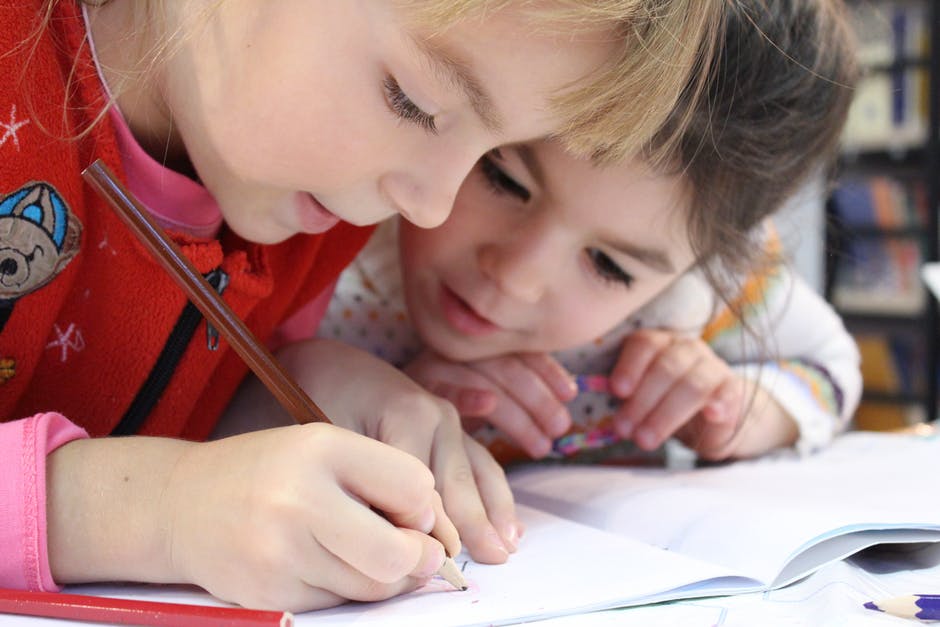How Cognitive Behavioral Therapy Can Help Children With ADHD
 Attention-deficit/hyperactivity disorder (ADHD), though controversial, is a reality for many children, teens, and adults. It is a chronic disorder which can cause disruption through an individual’s entire life. ADHD consists of three core symptoms: inattention, hyperactivity, and impulsivity. These symptoms may vary in severity between people, and often shift as a person gets older. Inattention refers to challenges focusing on a task and following through. This causes disorganization and difficulty prioritizing, and subsequent consequences at school or work. Hyperactivity presents as an inability to remain still, a need for constant motion, or restlessness. Impulsivity interferes with a person’s ability to filter their behavior and speech cautiously, which often leads to interrupting others frequently or making rash decisions. All of us may experience some of these symptoms at one time or another, but for a person with ADHD, they are persistent, distressing, and disruptive in daily life.
Attention-deficit/hyperactivity disorder (ADHD), though controversial, is a reality for many children, teens, and adults. It is a chronic disorder which can cause disruption through an individual’s entire life. ADHD consists of three core symptoms: inattention, hyperactivity, and impulsivity. These symptoms may vary in severity between people, and often shift as a person gets older. Inattention refers to challenges focusing on a task and following through. This causes disorganization and difficulty prioritizing, and subsequent consequences at school or work. Hyperactivity presents as an inability to remain still, a need for constant motion, or restlessness. Impulsivity interferes with a person’s ability to filter their behavior and speech cautiously, which often leads to interrupting others frequently or making rash decisions. All of us may experience some of these symptoms at one time or another, but for a person with ADHD, they are persistent, distressing, and disruptive in daily life.
Who Has ADHD?
Though a person of any age may have ADHD, the disorder has special implications for children of school age. This is when a child hones skills necessary for success in academics. Many of these skills are considered executive functions, such as planning, focusing, organizing, and prioritizing. These skills are particularly impaired for children with ADHD, and they may fail to develop properly as a result of inattention and hyperactivity. Kids with ADHD may also be disruptive to other children in the classroom, which strains newly developing friendships. Additionally, the family relationship is often strained from the child’s hyperactivity, inability to follow through with instructions, or rejection of authority. As a result of challenges in both academics and social relationships, children with ADHD are particularly susceptible to low self-esteem, as well as co-occurring psychological disorders, such as depression and anxiety.
Medication may be the immediate response for some families. For some children, ADHD medications are effective in treating the core symptoms of the disorder. However, there are aspects of ADHD which medication cannot treat. Inattention and hyperactivity may be reduced, but a child must also learn skills to cope with academic and social struggles. ADHD often persists into adulthood, and long-term medication may not be practical. Additionally, many families have reservations about potential side effects from medication. For these reasons, it is exceptionally beneficial to seek therapy for the child with ADHD. Medication and therapy may be used together for what is called a multimodal treatment, or therapy may substitute medication entirely.
How is CBT Helpful for ADHD?
A type of therapy which is supported by research and found to be especially effective for ADHD is Cognitive-Behavioral Therapy (CBT). CBT is designed to address both the problematic thought patterns and behaviors inherent in ADHD. It is a practical approach which is driven by goals. The thoughts, or cognitions, which trouble children with ADHD often involve low self-esteem and pathological perfectionism. CBT teaches kids to acknowledge these thoughts and learn to think more rationally and healthily. The approach to treating problematic behavior in ADHD involves praising and rewarding good behavior, and teaching skills to help the child successfully overcome both academic and social challenges. Through a therapeutic approach, a counselor may also treat the child for other psychological disorders, which may not heal from ADHD medication alone.
CBT for school age children with ADHD is a team effort for both the child and the parents. Parents will learn how to more effectively cope with and start to correct the child’s problematic behaviors. This will help to improve the family relationship. Lessons learned in counseling sessions must be practiced at home in order to be effective. The therapeutic process takes effort from everyone involved, but it can address what medication cannot, and teach the child skills that can be beneficial for a lifetime.
When looking for a therapist for your child, it is crucial to find counselors who are experienced in CBT. Therapists at GroundWork Counseling in Orlando specialize in CBT and offer specialized treatment for children with ADHD, as well as other psychological disorders. Treatment is also available in a family setting to help heal relationships and teach coping skills.
Ready To Make A Change?
GroundWork is proud to offer both in-person &
virtual Telehealth appointments.
In-Person Sessions: Central Florida
Virtual Sessions: Florida, Maine, South Carolina, Montana, Vermont




















